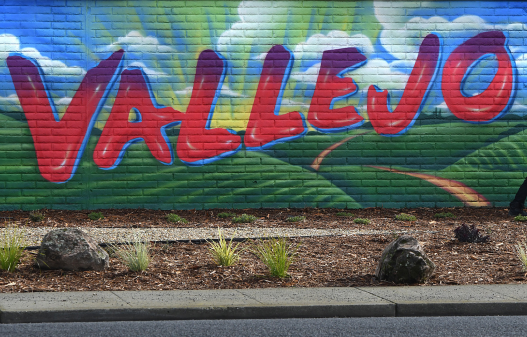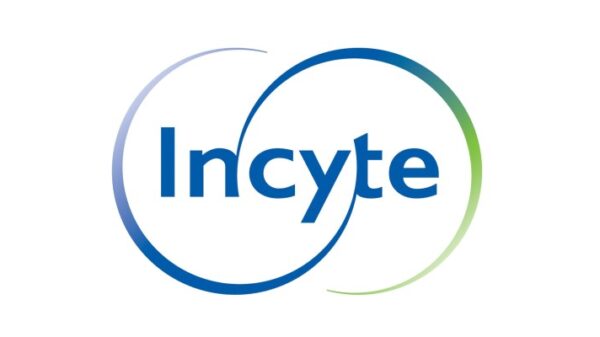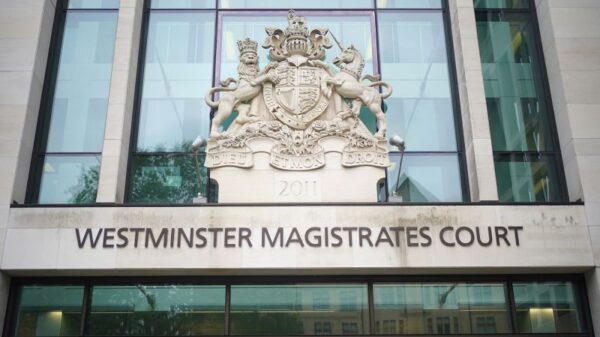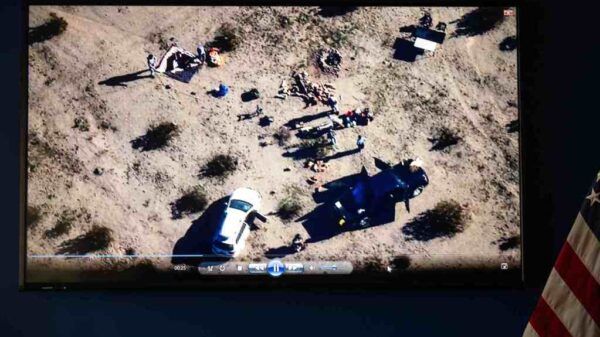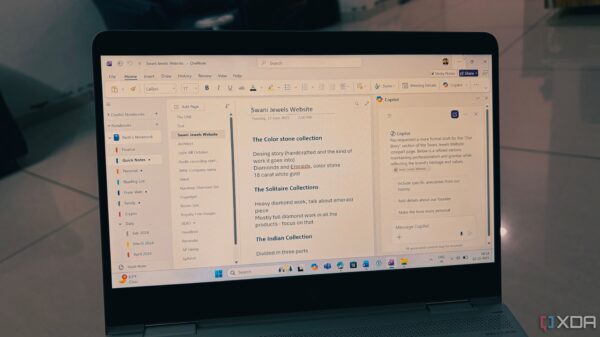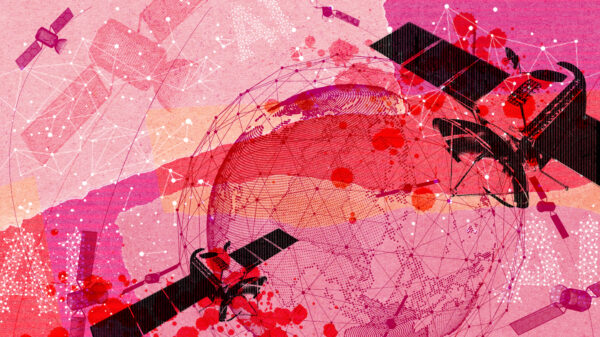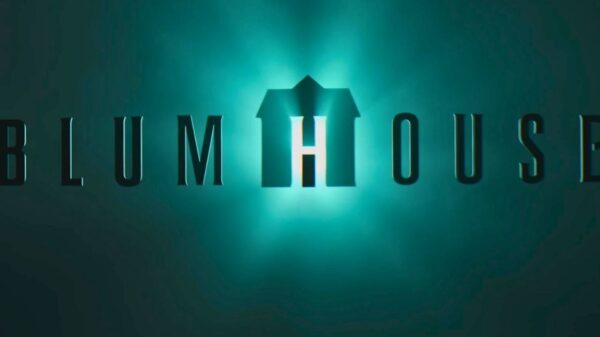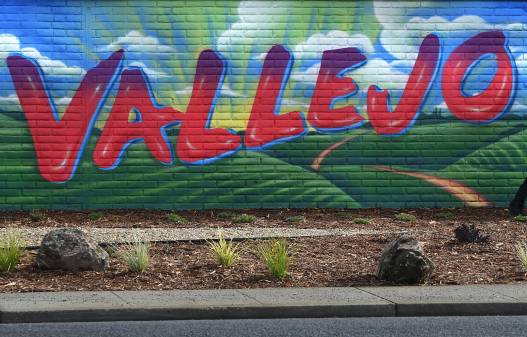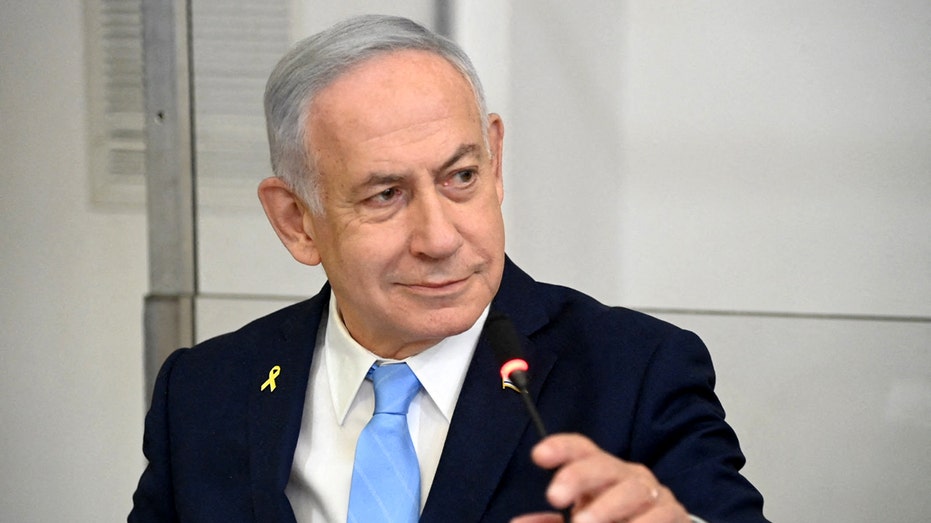BREAKING: Israeli Prime Minister Benjamin Netanyahu has just announced a bold offer to the people of Iran, proposing that Israel can help alleviate the country’s severe water crisis—but only if they overthrow their current regime. This urgent message comes as Iran faces an escalating water shortage, with Iranian President Masoud Pezeshkian warning of imminent severe shortages.
In a video address released today, Netanyahu declared, “The thirst for water in Iran is only matched by the thirst for freedom.” He emphasized that if the Iranian people succeed in removing their “tyrants,” Israel’s top water experts will be ready to assist with advanced technologies for water recycling and desalination. This offer reflects a significant shift in Israel’s approach, linking humanitarian aid directly to political change.
The crisis in Iran has reached alarming levels, exacerbated by mismanagement and overconsumption. Reports from the semi-official Tasnim news agency indicate that critical shortages could arrive as early as next month. Netanyahu’s message underscores the desperation faced by millions of Iranians struggling with water, electricity, and gas shortages amid a backdrop of political oppression.
Netanyahu’s call to action has sparked interest among experts. Lisa Daftari, editor-in-chief of The Foreign Desk, noted that this is a clear policy signal wrapped in a humanitarian offer. “By tying water to freedom, he’s making the idea of resistance more immediate and personal,” she stated, highlighting the commonalities shared by the Israeli and Iranian people.
Following a brief war in June 2025 where Israel targeted Iranian nuclear facilities, the Iranian regime has intensified its crackdown on dissent. Reports indicate that as many as 21,000 people were arrested during the conflict, yet there have been no significant protests since, illustrating the regime’s iron grip on power.
Netanyahu’s statement comes at a crucial time, as tensions remain high. Exiled Crown Prince Reza Pahlavi also condemned the regime’s handling of Iran’s water crisis, stating, “This regime has driven Iran’s water, land, air, skies, lives, and wealth to the edge of destruction.” His remarks resonate with many Iranians who feel trapped under oppressive rule.
As the Iranian government grapples with mounting pressures, Pezeshkian’s rejection of proposed measures to address water shortages highlights the regime’s failure to find viable solutions. The situation remains precarious, and the urgency for change grows deeper with each passing day.
WHAT’S NEXT: All eyes will be on Iran as the potential for political upheaval looms. Netanyahu’s offer could galvanize public sentiment against the regime, but the path to change is fraught with uncertainty. As this story develops, it is crucial to monitor the Iranian people’s response to Netanyahu’s message and the regime’s next moves amid ongoing water and energy crises.
Stay tuned for updates on this rapidly evolving situation, as the stakes have never been higher for the Iranian people.

